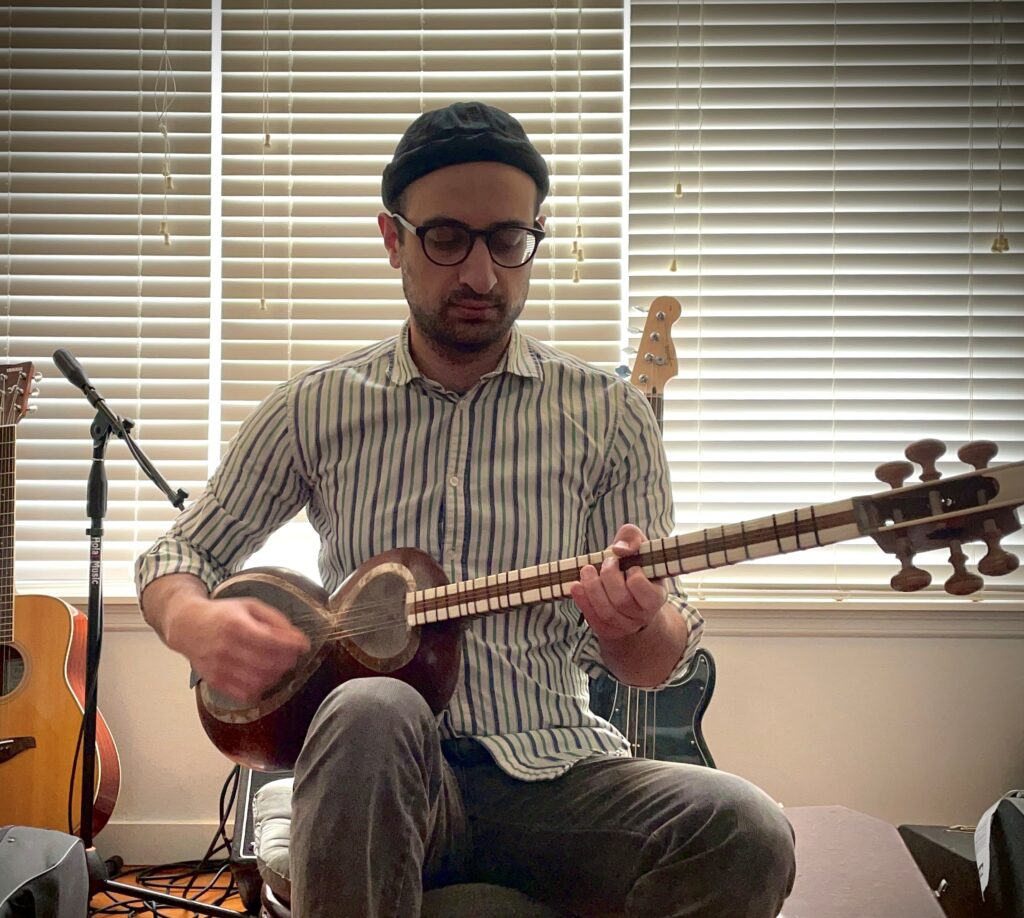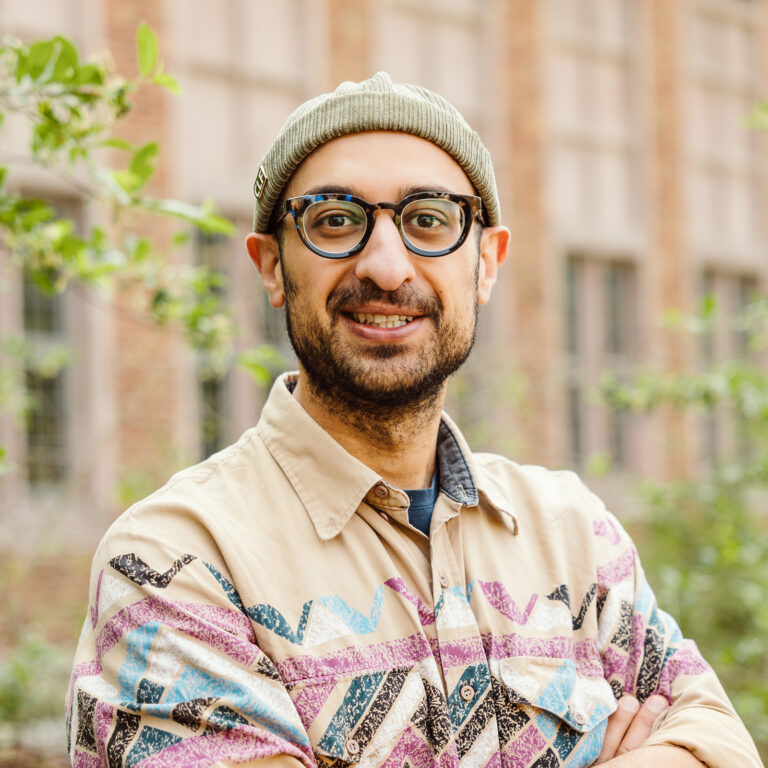Research Affiliate
Milad Ashtiani is a researcher at the UW and a civil engineer who received his PhD from the University of Washington in the summer of 2022. Milad is responsible for the execution of research and analysis, development of guidance documents and educational resources, and outreach across the design community to improve the quality, accuracy, and effectiveness of building performance tools, methods and data that address embodied carbon. As a building and materials researcher, Ashtiani works collaboratively with CLF’s internal research team as well as with architecture and engineering firms and research consortiums across North America with a focus on building performance, computation, embodied carbon assessments, and life cycle assessment (LCA).
by Milad Ashtiani
In an era of rapid technological growth and civilization, while at the same time facing intercontinental challenges like climate change and global pandemics, the role of a sustainability activist and enthusiast (whether architect, engineer, scientist, artist, or policymaker) is more pronounced than ever was. I had early on found myself flooded with questions on how such large-scale challenges can be tackled with conscious decisions. Believing that our actions today, as a global community, can cascade through as catastrophes in the near future, I struggled for many years to convince myself that each individual, at any scale, can in part contribute to restoring the damages imposed to the environment we inhabit. Building on this mindset, I was exposed to the concept of sustainable development which then became the overarching framework of my career. My journey began with a materialistic viewpoint and later expanded towards humanitarianism and environmentalism as I realized the interconnectedness of issues haunting us. Coupled with my interests in infrastructure systems and how they are built, I study the application of life cycle assessment in evaluating, measuring, and managing the environmental impacts of construction materials in the form of embodied carbon and energy.
As an undergraduate at Sharif University, Iran, I started researching in the asphalt materials lab and got involved with sample fabrications, testing procedures, equipment operations, and compliance with standard specifications. With a preliminary knowledge of asphalt materials and testing, my master’s research at the University of Massachusetts’ Highway Sustainability Research Center dived deeper into asphalt recycling and how that would influence the longevity of roadways built with recycled materials.
My ambitions for learning and doing research were not satisfied and that made me enter the University of Washington for my PhD course in the Construction, Energy, and Sustainable Infrastructure program. I got moderately familiarized with the research on sustainability in the context of highway construction after two internships at Greenroads International (now, Sustainable Transport Council) and later an NCHRP project which produced a guidebook on sustainable highway construction practices. Furthermore, I engaged with the development of LCA and Lifecycle Cost Analysis (LCCA) tools for the Greenroads certification process (Greenroads is like LEED but for roadways). Believing that environmental impacts should be included in the bidding process of construction projects to take a real toll on becoming more sustainable, I am interested in research on the feasibility of integrating LCA into the financial evaluation of such projects while establishing baselines that can further act like minimum requirements set by stakeholders and other agencies. Besides research, I have instructed several courses as a master and PhD student which mostly dealt with construction materials and LCA. I invested a big portion of my time in education due to my personal passion for teaching and promoting the spread of knowledge on sustainability among others.
In the few remaining months to my PhD graduation, I proudly joined the CLF as an LCA-savvy person to help establish and improve the embodied carbon baselines for building materials. I was lucky enough to see an ad from the CLF for a research assistant position to which I immediately applied for and responded expressing my very interest. At CLF, I will continue to help establish embodied carbon baselines for materials used to build roadway infrastructure. In particular, with the recently proposed (or passed) Buy Clean Act bills in several US states, there seems to be a big push to decarbonize the construction sector with good intentions. Doing so, however, requires good carbon accounting practices and policies to support decision-making. With an amazing team of people with an excellent mix of backgrounds, I believe CLF is the place to learn how decarbonization actions can be implemented beyond theory and into practice to shape a livable future for our next generations.
Email Milad Ashtiani: [email protected]

I have had my most inspirational moments while playing music, publicly or privetly. I found the five basic elements of music (i.e. melody, texture, rhythm, form, and harmony) reflect in our natural milieu and how we as humans have historically tried to learn and play the rules of mother earth.

Milad Ashtiani